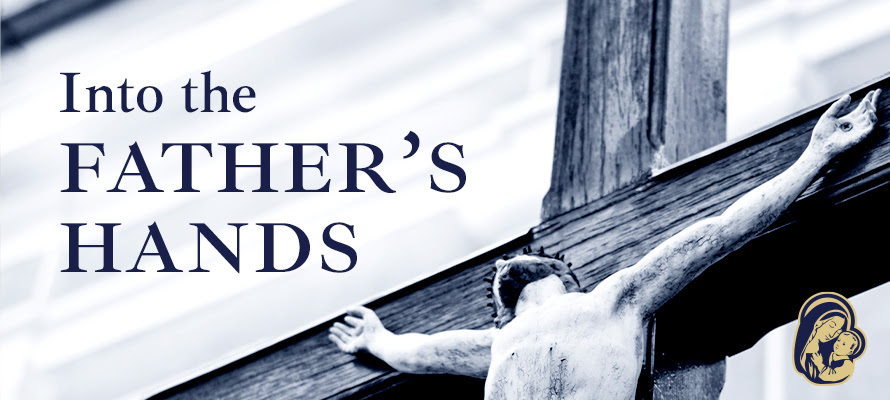Continuing his catechesis on the need for perseverance in prayer, Pope Francis addresses how Saint Paul in 1 Thessalonians tells us: “Pray constantly, always and for everything give thanks” (cf. 5:17-18). How can one maintain constant prayer despite the many demands of life? The Holy Father draws from the Russian Pilgrim’s discovery of the “prayer of the heart” – a simple prayer that aligns with breathing: “Lord Jesus Christ, Son of God, have mercy on me, a sinner!”
Prayer is possible “at all times” because in the midst of our duties and activities, we have one primary occupation: that of loving God, which animates and transfigures everything we do. Thus Francis emphasizes that prayer and work are complementary, not contradictory: “Prayer — which is the ‘breath’ of everything — remains as the vital backdrop of work, even in moments in which this is not explicit.” He warns against both extremes: being too absorbed in work to pray, and prayer that disconnects from reality.
The Catechism of the Catholic Church offers us important historical writers of spirituality, which insist on the need for continuous prayer:
- The monk Evagrius states: “We have not been commanded to work, to keep watch and to fast continually” — no, this is not demanded — “but it has been laid down that we are to pray without ceasing” (CCC 2742).
- Saint John Chrysostom preached: “It is possible to offer fervent prayer even while walking in public or strolling alone, or seated in your shop, while buying or selling, or even while cooking” (CCC 2743).
Some metaphors help illustrate: “Prayer is a kind of musical staff, where we arrange the melody of our lives.” Is prayer for me the “fulcrum of Christian existence”, i.e. the hinge on which everything else rests and balances? Continuous prayer should burn like the sacred fire in ancient temples – constant and unquenchable, sustaining faith through both ordinary moments and spiritual heights.
This tireless fervor in prayer can come only from the fire of love. Think of the candle that burns by the tabernacles in our churches, reminding us of the presence of One who is Real. When I go to prayer in the morning do I light a sacred fire in my heart? And even when I leave my formal time of prayer can I keep it burning without interruption? And at the end of the day, do not blow it out but be sure to rekindle that flame with a humble, trusting, and persevering love.
You are invited to meditate on Luke 10:38-42, as Jesus tells Saint Martha that “only one thing is necessary” even while performing her service with dedication.
Prayer is the backdrop against which every action of our lives finds its deepest meaning. If God can find time for each of us, surely we can find time for him! The monastic tradition teaches the spiritual fruitfulness of balancing prayer and work. By maintaining that balance in our own lives, we too can grow in our union with God and keep the fire of divine love daily burning in our hearts.
